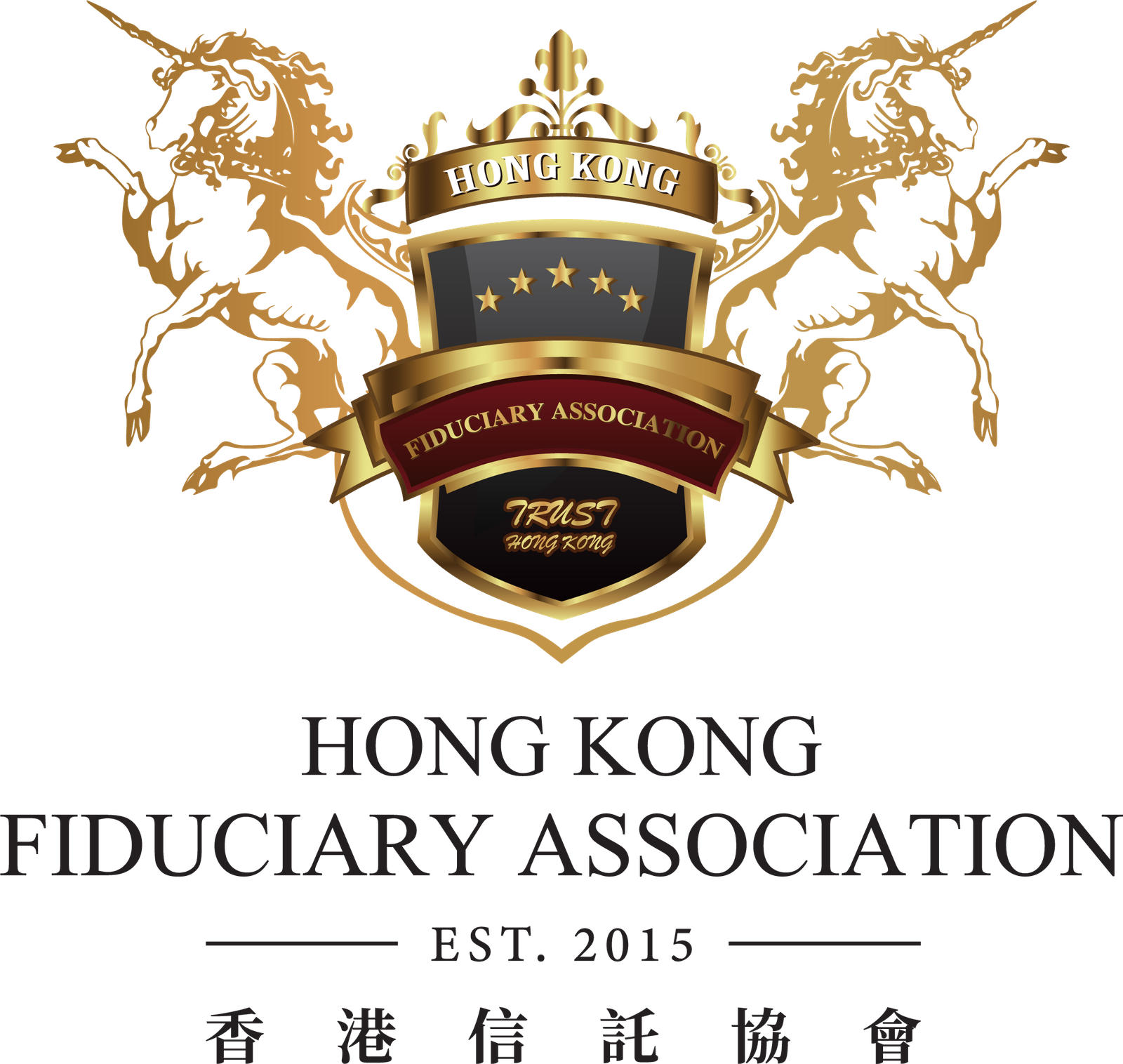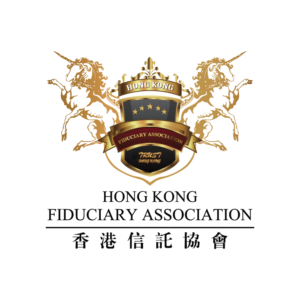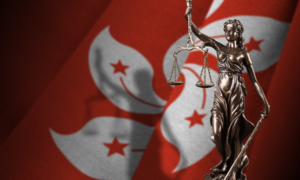The Fragility Behind Modern Banking
Even high-net-worth clients are not immune to the systemic vulnerabilities of global banking. Frozen accounts, politically motivated sanctions, unexpected insolvency events, or cross-border enforcement actions have made banking risks a growing concern for internationally exposed families.
Bank deposits remain legally owned by the account holder. Therefore, if regulatory action targets an individual or entity, banks must comply, regardless of client profile or wealth level. The legal title remains attached to the individual’s name, exposing assets to seizure, disputes, or restrictions.
Trust Law Creates Legal Separation
Fortunately, a trust legally separates asset ownership from personal identity. Assets transferred into a properly structured trust are no longer held in the settlor’s name. Instead, trustees hold legal title and administer the assets for the benefit of named beneficiaries according to the trust deed.
This legal distance prevents personal liabilities, regulatory actions, or disputes from directly affecting trust-held assets. As a result, even if an individual faces investigation or sanctions, properly drafted trusts remain operational and legally insulated.
Why Hong Kong Trust Law Is Different
Hong Kong operates under common law, with codified trust statutes that allow precise legal separation. Specifically:
Assets inside a trust are not subject to the personal obligations of the settlor or beneficiaries.
Trustees hold enforceable fiduciary duties, providing stable, professional asset management.
No public trust registry exists, preserving confidentiality.
The TCSP licensing regime ensures trustee service providers are regulated and accountable.
Unlike jurisdictions that rely on secrecy or weak regulation, Hong Kong’s model combines enforceability with professional oversight. Consequently, both legal and reputational risks are reduced.
Scenario: Avoiding Banking Disruption
Consider a Dubai-based investor who holds significant international assets, including accounts in multiple financial centres. He faces unexpected political pressure in one jurisdiction, leading to frozen personal bank accounts.
However, his core investment holdings—real estate, securities, and digital assets—are held through a Hong Kong trust structure under trustee-managed corporate entities. As a result, these assets remain unaffected, as they are not legally tied to his personal identity. The trust’s independence preserves continuity and access despite the banking crisis.
Assets Commonly Shielded Inside Hong Kong Trusts
Global real estate portfolios
Private banking accounts via underlying companies
Investment funds and securities
Crypto wallets and digital assets
Private equity and venture capital interests
Family operating businesses
The trust framework transforms personally exposed wealth into legally protected holdings governed by enforceable fiduciary arrangements.
Preserving Access Beyond the Banking System
Banking systems operate within national frameworks that remain vulnerable to political, financial, or legal shocks. Fortunately, Hong Kong trusts, governed by independent legal principles, provide HNW families with true asset segregation, cross-border security, and continuity regardless of personal events or jurisdictional disputes.

 Chinese (Simplified)
Chinese (Simplified)




